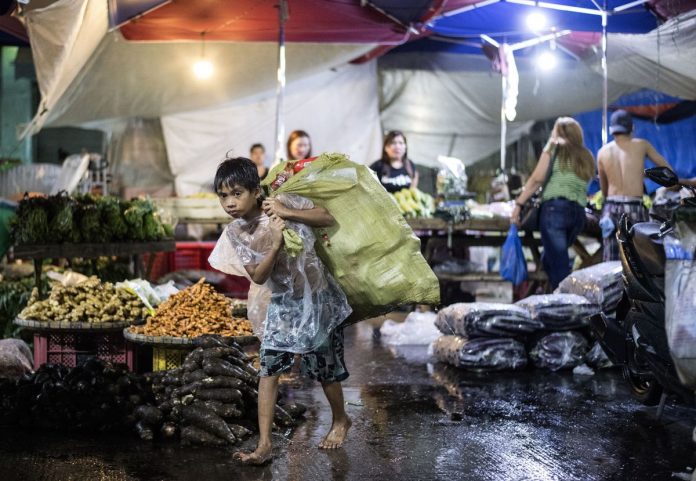
MANILA – London-based think tank Capital Economics is expecting inflation to hit 7 percent by the end of the year with the Bangko Sentral ng Pilipinas (BSP) being compelled to further tweak interest rates to address the rising commodity prices.
“Given our view that inflation is set to rise further over the coming months and that the peso is likely to continue to weaken, further rate increases in the Philippines seem likely,” Capital Economics said in a report.
This came after the BSP delivered its fourth interest rate hike this year as current inflation conditions remain elevated.
The policy-setting at Monetary Board agreed to boost the overnight borrowing rate by 50 basis points (bps) to 4.50 percent.
Starting Friday, September 28, the overnight lending rate will also be tightened by 50 bps to 5.00 percent and the overnight deposit rate to 4.00 percent.
“We are expecting rates to rise by at least a further 50bp before the end of the year,” Capital Economics said.
The central bank noted that there were “persistent signs of sustained and broadening price pressures” and that its “latest baseline forecasts have shifted higher for both 2018 and 2019, with risks to the outlook still leaning toward the upside,” according to the think tank.
Capital Economics said the BSP called for further measures to “help mitigate the impact of supply-side factors on inflation, including rice tariffication.”
“The central bank is clearly getting frustrated over the lack of progress on plans to replace the current system of rice import quotas with a tariff regime,” it said.
“There are signs that high inflation is starting to dent the popularity of President Duterte, and the government has recently stepped up measures to bring inflation down, including an easing of restrictions on food imports, and the lifting of non-tariff barriers on some commodity imports.”
Both the approval and trust ratings of President Rodrigo Duterte registered a double-digit decline in September, as inflation accelerated to nine-year highs the month prior.
Capital Economics said the measures set by the administration to temper inflation will will take time to have an impact and prices will remain elevated in coming months with the headline rate set to reach around 7.0 percent by the end of the year.
“One factor that is likely to be especially worrying for policymakers is the inflationary impact of typhoon ‘Mangkhut,’ which brought destruction to large swathes of agricultural land in the north of the country, and is likely to push up food price inflation sharply. The recent further rise in oil prices is another concern.”
The central bank also took note of the risks to the inflation outlook from the fall in the peso, which is down by around 8 percent against the US dollar since the start of the year.
“Despite the likelihood of further rate hikes, we think the peso will weaken to 58 against the US dollar by end-2019 from 54 today.” (GMA News)



